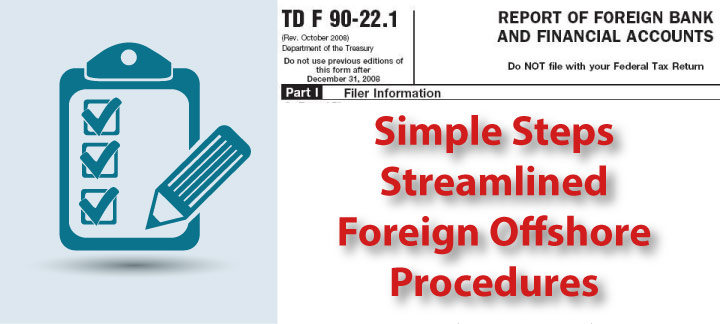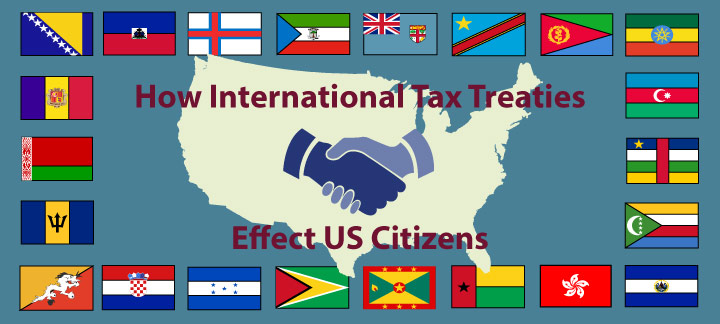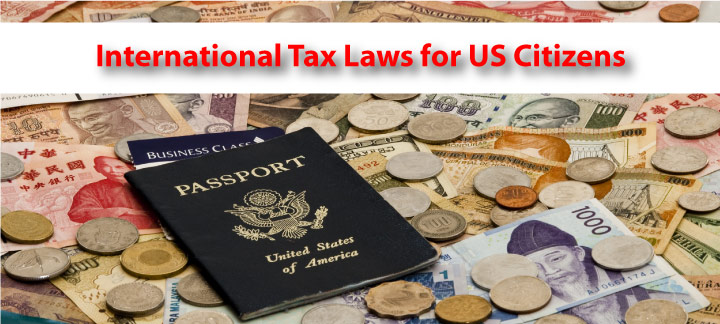Streamlined Procedures for Non-Resident Non-Filers
Some U.S. taxpayers living abroad may be unaware of their international tax duty to file U.S. tax returns and FBAR forms. If a taxpayer has failed in this regard, but has recently become aware of his or her obligation to make these filings, the IRS provides a special program to allow these individuals to come into compliance. The program consists of streamlined procedures for non-resident non-filers.











Comments (0)